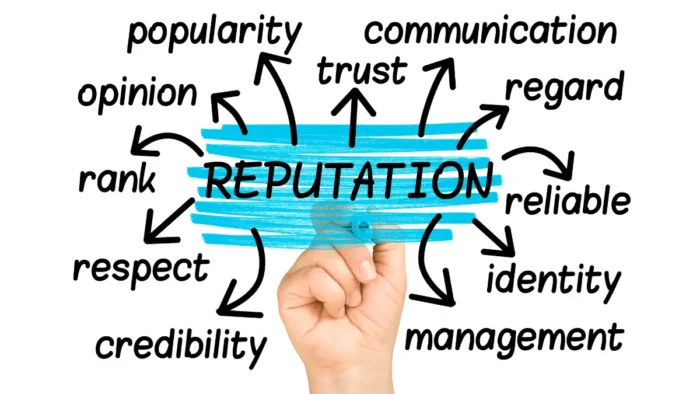The modern business landscape is increasingly complex, with customers’ needs changing faster than ever before. Consequently, you need to understand the importance of content integrity if you want to ensure success in today’s ultra-competitive market. Content integrity relates to how accurately and reliably your company portrays itself online – whether through website copy, blog posts, press releases, or social media channels.
Highlighting quality assurance procedures allows potential consumers – individuals and organizations – to trust that they will receive the goods and services advertised on time as promised. It also builds a positive reputation so that customers are willing to recommend your products and services – something all modern businesses strive for!
In this post, we’ll look at why content integrity is crucial when it comes to establishing credibility within today’s markets, what impact it has on a business’s reputation both internally and among its customer base, and an insight into strategies needed for successful implementation practices leading towards long-term preservation of an organization’s brand image.
Why is content integrity important?
Content integrity is crucial for any business wanting to build a strong and trustworthy reputation. In today’s information age, consumers are becoming increasingly discerning about the content they consume. They want to feel confident that the information they receive is reliable, transparent, and accurate.
Content integrity helps establish this trust, increasing customer loyalty and better business performance. On the other hand, failing to ensure content integrity can result in a damaged reputation, loss of trust, and ultimately dwindling sales. It’s clear that for businesses, maintaining content integrity should be a top priority.
How can businesses ensure their content is accurate, timely, and reliable?
In today’s fast-paced world, accurate, timely, and reliable content is essential for businesses. Organizations cannot afford to make mistakes regarding their online content. A little slip-up can lead to a tarnished reputation, loss of clients, and decreased sales. Hence, companies should implement robust measures to ensure their content meets the highest accuracy, timeliness, and reliability standards.
This involves verifying sources, checking facts, and staying up-to-date with the latest developments in their industry. Businesses use a plagiarism checker to ensure their content is entirely original, not just a copy of something already online. Regular content audits and reviews can also help identify potential issues and allow for timely corrections.

Strategies for keeping up with changing regulations
As industries evolve and technology advances rapidly, businesses must adapt to keep up with constantly changing regulations and customer expectations. To stay ahead of the game, companies should adopt proactive strategies that anticipate shifts and prepare for them ahead of time.
For example, regularly monitoring industry trends and staying up-to-date with regulatory changes can help businesses stay compliant and ensure their content is always in line with the latest standards. Additionally, establishing a strong culture of quality assurance within the organization can help detect potential issues early on and prevent them from affecting the company’s reputation.
What happens when content integrity is lacking
When content integrity is lacking, it can have serious consequences for businesses. At best, customers may lose trust in the company and its products or services, resulting in lost revenue. At worst, a company’s reputation could be irreversibly damaged, leading to long-term financial implications.
Furthermore, failing to maintain content integrity can also result in legal repercussions if false information is published or misleading claims are made. Businesses need to understand the gravity of content integrity and take the necessary steps to maintain it.
Also, a lack of content integrity can result in losing internal trust and cohesion within the organization. Employees may question the company’s values and ethics, decreasing employee morale and productivity.
Related: Find Your Rhythm: How Inspirational Music Increases Productivity at Work
Conclusion
In conclusion, content integrity is the foundation of trust, credibility, and a strong business reputation. In today’s digital age, where information is readily available and easily shared, ensuring your content’s accuracy, timeliness, and reliability has never been more critical. A lapse in content integrity can lead to severe consequences, including loss of customers, damage to brand reputation, and legal implications.
Therefore, businesses must take active steps to uphold content integrity, from adopting stringent quality assurance procedures and staying attuned to changing regulations to fostering a culture of continuous learning and innovation. By doing so, they safeguard their reputation and secure their position in the competitive market landscape. Content integrity, after all, is not merely a strategy but a commitment to ethical business practices and customer satisfaction.





